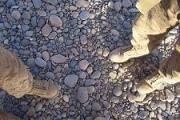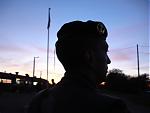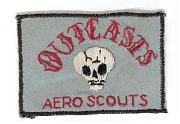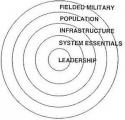Hi 120mm,
Let me second Tom's comments.
Okay, I do have a doctorate, but that just means that I have first hand experience in how mind numbing the process can be and how locked into jargon some Ph.D.'s can be.
Let me give you some advice I give my students:
- Everyone is ignorant about most things: There is so muuch "knowledge" available that nobody can possibly know everything. So waht, we all have our failings, the key question is whether we admit our ignorance in areas that are important to us and ask for help. "I am the wisest man I know, for I know I know nothing" Socrates.
- Nobody writes alone: one of the biggest myths in academia is that of the lone scholar producing brilliant work (preferably in a comfortable garret; ideally with a bottle of claret or brandy). Bull. Every academic that I have any respect for talks their ideas out with their friends, colleagues, students, family, etc. (my wife hates it when I do this, but she does put up with it). It is also really common to send out drafts of papers for comments, critiques, advice, etc.
So, given this, if you want to present a paper, don't you think it might be a nice idea to post a draft here and let your friends comment on it? Hmm? Think of the people who are on this council: what a fantastic group in terms of both experience and academic "horsepower".
Marc







 . We were talking and he said that the Quakers (pacifists) had never served in any wars. I told him that was wrong and the argument became heated. Of course any of the army guys who've been out to Ft. Carson in Colorado Springs have seen the statue to General Palmer on his Horse. He was a Quaker and led a regiment of Indiana Quakers in the Civil War.
. We were talking and he said that the Quakers (pacifists) had never served in any wars. I told him that was wrong and the argument became heated. Of course any of the army guys who've been out to Ft. Carson in Colorado Springs have seen the statue to General Palmer on his Horse. He was a Quaker and led a regiment of Indiana Quakers in the Civil War. 


 .
.

Bookmarks